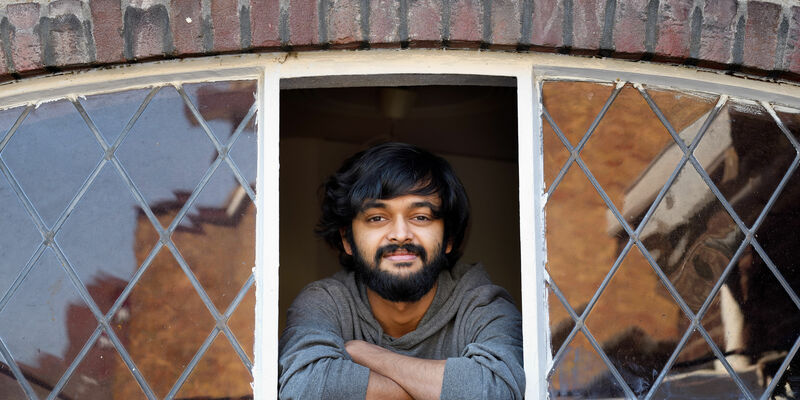The Times They Are A Changin’
If you’re like me and your TV has been gathering dust for years, perhaps you too get a chunk of your news from the internet. And if you’ve been doing that for a while, maybe it’s also gotten to you for a variety of reasons. My inept grasp of the Dutch language requires me to depend on news-apps and social media, which broadcasters have fully embraced for their craft. Nearly all platforms are crawling with correspondents, and although it feels like there’s no escaping the bulletin, that’s not the most terrible thing. I think the greater issue is the content, or rather its concentration.
The best example, and there are many, is obviously the Trump quandary in the States. We’re at a point where he could essentially put his name on the news networks and the internet because he does, in a twisted way, own them. Many in the media, both news and political entertainment, tried to resist at first in view of the balance of their narratives but had to eventually submit to the orange behemoth. Even the most minor details of his stormy life are public knowledge, and that’s not entirely because of its newsworthiness but also on account of its entertainment value; linguists, for example, pounced at his speeches and even at covfefe, dissecting every five-word sentence the stable genius managed to conjure. I feel it’s quite well-established what to expect, both from the Executive as well as the news, and therefore find the coverage terribly overdone.
And indeed, the press is not about novelty, but this constant hurricane of headlines from across the pond does obscure other stories that may also be of consequence. Unless you’re Elon Musk’s Tesla blasting Bowie into vacuum, it’s a tough fight to get noticed these days and stories such as the resurgence of tuberculosis in Venezuela barely make that cut.
I quit using Facebook’s timeline feature over a year ago due to the glaring lack of content and from time to time, I come across others who’re slowly rejecting the platform as well. The reasons vary somewhat but the absence of meaningful content dominates. And while it’s true that social media is an empowering tool and has worked wonders in the past, I think we understand neither its reach nor the value of our attention too well, which puts us in a position where we’re bombarded with headlines in sync with our biases and are expected to Like, Share and Subscribe as we had done in the past, a.k.a. conditioning. And like me, if you’ve ever watched a satirical take on Trump, good luck finding anything else on YouTube before 2020.
Now the question remains, if we want to, what can we do about it? I read about people who chose hard-detox by rejecting the news altogether, basically not reading, watching or discussing anything newsworthy. It does seem blissful at first but I’m sure voluntary ignorance is a temporary joy. I anticipate a far more arduous road for whoever has identified the tediousness of their news intake. It’d (still) involve signing in to your Instagram, Twitter or anything else, aggressively expanding the sources of this intake and including people who differ in opinion in order to get a diversity of views, paying special heed to what’s happening beyond one’s horizon, and of course nicking the occasional newspaper or a magazine while those are still around.
Photo | Bart van Overbeeke

Discussie